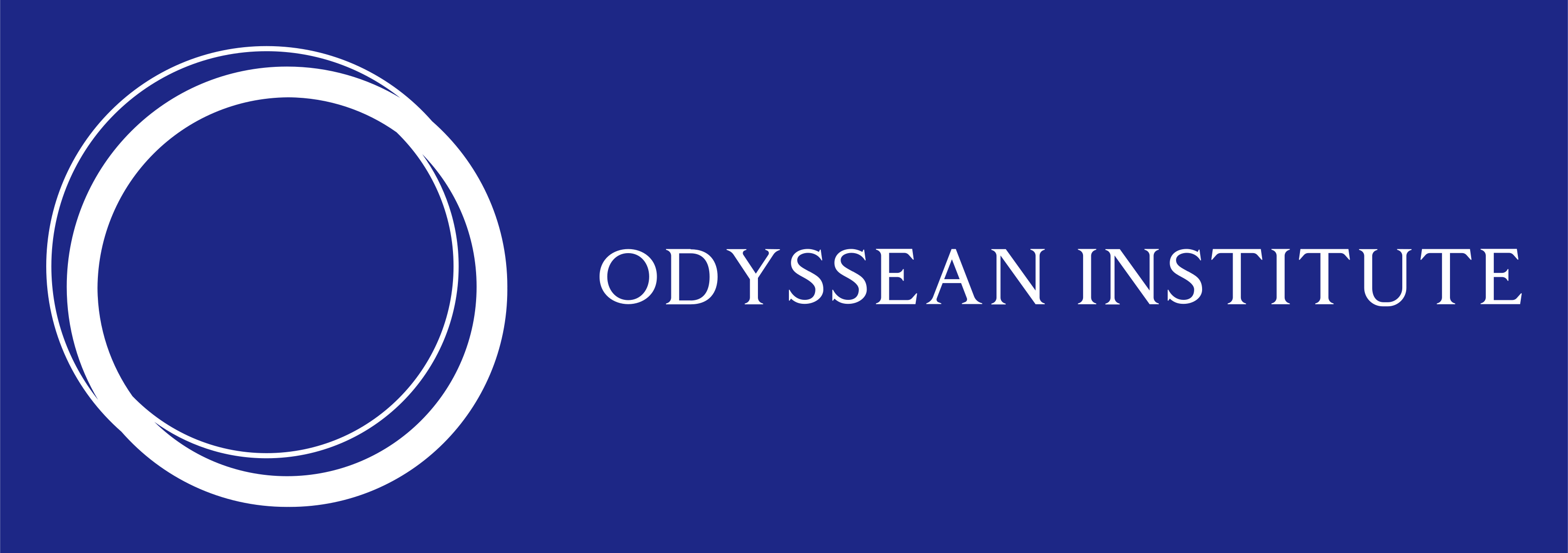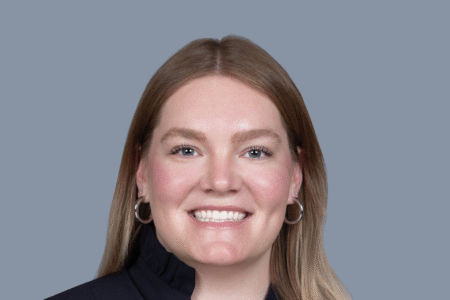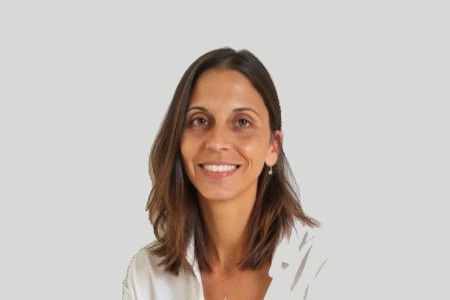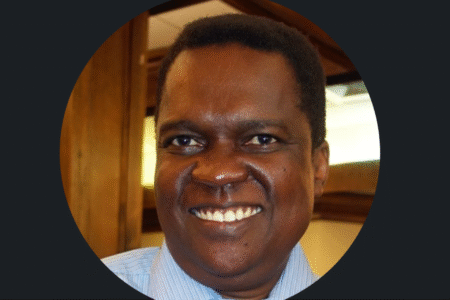Green Success Stories puts Giuseppe Dal Prá, Founder and CEO of The Odyssean Institute, into the Green Spotlight. Giuseppe describes his call to public service and his duty to innovate institutions scientifically and democratically to combat impending climate catastrophe. He expands on the work of The Odyssean Institute which he founded and leads, including the methodologies they use to empower the public toward climate action.

Tell us a bit about your sustainability journey.
I became heavily invested in sustainability research and policy change after my education in history and politics in Oxford, graduating in 2017, and after the IPCC’s 2018 report announcing that we had a decade to avoid climate tipping points. I decided that I had to use my education for public service. I realized that it was my duty to innovate our institutions to operate more scientifically and democratically in order to address our inaction.
Tell us a bit about the product or solution you offer.

The Odyssean Institute works on three related research strands:
- Refining and evolving our democratic decision making
- Identifying and increasing essential commodities and supply chains for global resilience
- Looking beyond extractivism and toward wellbeing, ecological sustainability, and complexity economics as the source for refined decision making.
The Odyssean Process is our flagship solution. It is an integrated step-by-step answer to political systems that are often sclerotic, indifferent, or captured.
The process combines three key methodologies to make the science-policy interface stronger, and the public more empowered to directly address sustainability – by the people, and for the people, especially those with skin in the game.
- Horizon scanning – We blend horizon scanning as a solution to partial and subpar use of scientific expertise. In this method, we rigorously elicit expert insights in a systematic process based on the IDEA protocol. This produces foresight on emerging trends, such as in our pilot study in 2024 on “New and neglected tipping points with a potential to cascade globally.”
- Scenario modeling – We use scenario modeling at scale to provide decision support to the eventual public deliberation. We identify Pareto-optimal interventions when it’s not possible to make one side better off without making the other worse off, interventions that are robust across many possible futures, empowering decision makers to avoid untested assumptions and ensure tradeoffs are clear.
- Citizen assembly – Finally, we use a citizen assembly to engage those exposed to these risks, those with skin in the game at the grassroots, to decide how to best avoid extreme catastrophe.
In addition, we have the GRAIN initiative. This is a plan to help connect countries and companies based on their comparative advantages for building up global adaptive capacity. The plan encourages research and development, scientific diplomacy, and generating an enriched and empowered global commons of resources needed for resilience to catastrophic risks such as runaway climate change.


Share a green success story with us – how have you helped customers or other businesses in the fight against climate change?
So far, we have worked on foundational research, and on applying our findings into policymaking. Our world first horizon scan on tipping points, currently undergoing peer review with One Earth, helped identify 15 emerging issues with salience to policymakers and citizens, generating new and emerging knowledge and focusing it for practical applications. We intend to to encourage these applications through direct advocacy with regional or national governments.
What would you do with $1 billion dollars?
We would invest 1/3 into directly conducting the Odyssean Process in key jurisdictions where climate policy and other catastrophic risk-generating activities could be best mitigated, while simultaneously encouraging human flourishing. This would be accompanied by considerable public relations and lobbying work, to encourage that recommendations produced from rigorous citizen deliberation be implemented promptly, maximizing impact and minimizing our already considerable exposure to cataclysm.
We would invest the next 1/3 in refining curricula and training for complex systems competency around the deliberation and implementation of the Odyssean Process’ outputs. This would also include funding R&D as seed funding in critical sectors, and funding restorative activities identified through our work with the process (for example, supercapacitors, innovative rewilding through physiocratic Georgian land use, mangrove protection, etc.).
The last 1/3 would involve massive operational scaling and partnership-building with other NGOs and universities who can take our approaches much further and faster. An additional possibility would be to help influence journalists to ensure accurate, positive coverage of deserving sustainability efforts, or even to fund the takeover of one large circulation media organization and enable it to focus on preventing impending climate catastrophe.
What do you envision your industry looking like in ten years?
The “industry” of civilizational risk consultancy and research is sadly vanishingly small, but much of it is taken up by techno-solutionism so I would hope the answer becomes: it will be bigger and less constricted in its worldviews! Tragically, I think it will be in greater demand, as we have already sleepwalked too far into ecological ruin.
What would you like readers to take away from this article?
I would like readers to take away from this article that democracy, while imperfect and steadily under assault by oligarchy, is not dead.
Most of all I would like readers to realize that our work and the work of others like us, is helping to demonstrate what the future could look like with an evolved, resilient, bold, approach. This approach works from first principles toward human and ecological flourishing. Research here is necessarily complex, but if readers sit with our work, they should find hope proportionate to evidence; that we have the agency to change which paradigms we draw from, and how our systems make decisions. From this, many positive social tipping points may cascade.
How about some references for additional reading and consideration?
Our blog reviewing our 2024 achievements, which provided a handy overview:
Our world first horizon scan on tipping points with a global cascade potential for catastrophic risks:
Our White Paper outlining our vision for an enhanced decision making protocol, the Odyssean Process:
There is also a 3 page policy brief version of the above here:
My own writing that predates the Institute but which inspired its founding can also be found here on Medium, although it is thesis length so I wouldn’t sweat reading it necessarily!
How should readers get in touch with you and/or your organization?
We are reachable at our website http://www.odysseaninstitute.org and our email [email protected]
Kudos
Many thanks to Giuseppe Dal Prá and Odyssean Institute. Green Success Stories is happy to support and highlight your efforts! We invite you the reader to do the same.
About Green Success Stories
Green Success Stories is a media platform that highlights leaders in sustainability and climate tech.
We offer professional writing (articles, blogposts, case studies, and more) combined with social media promotion. You get great content + exponential publicity. As a starting offer, we’d like to feature you and your organization in a FREE PROFILE ARTICLE. There’s no obligation, but we’d appreciate you considering our services. Let us know if you’re interested and we’ll share more information.
Support Green Success Stories
Like what we’re doing? Please pitch in and help us highlight leaders in the fight against global warming.





